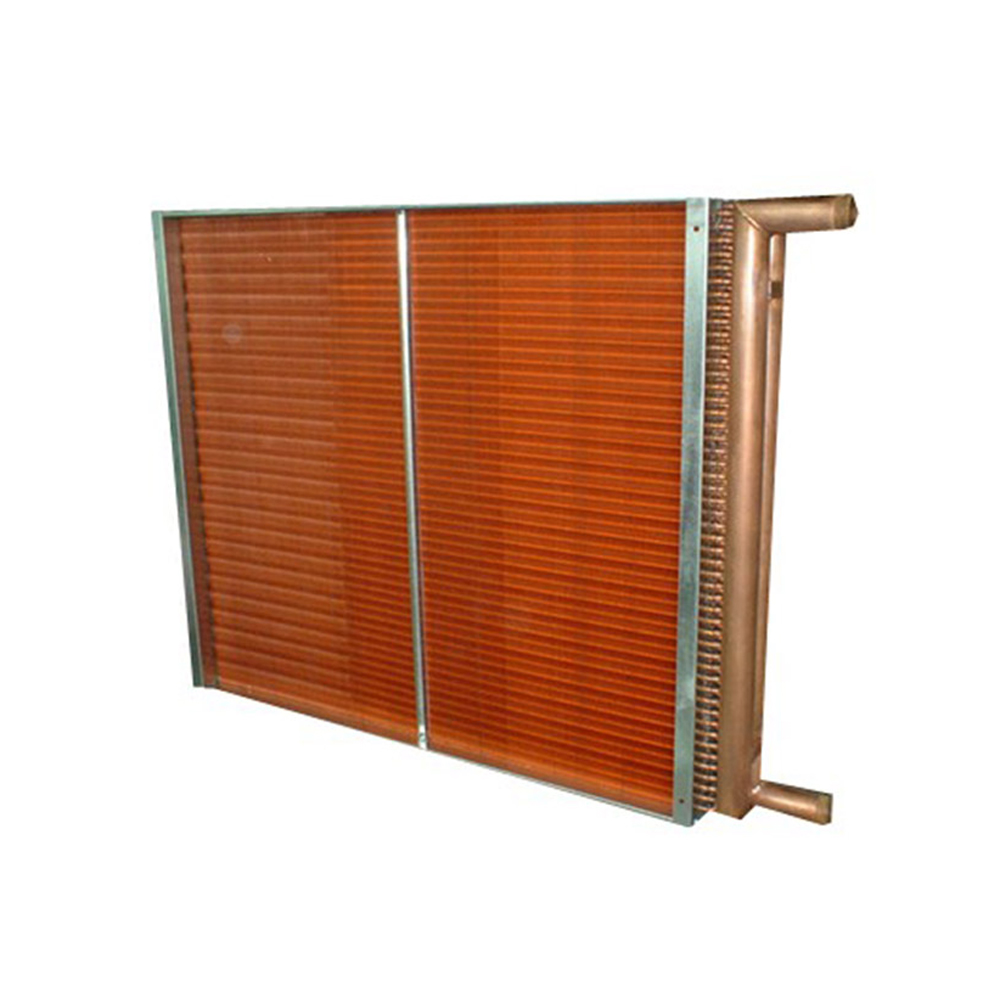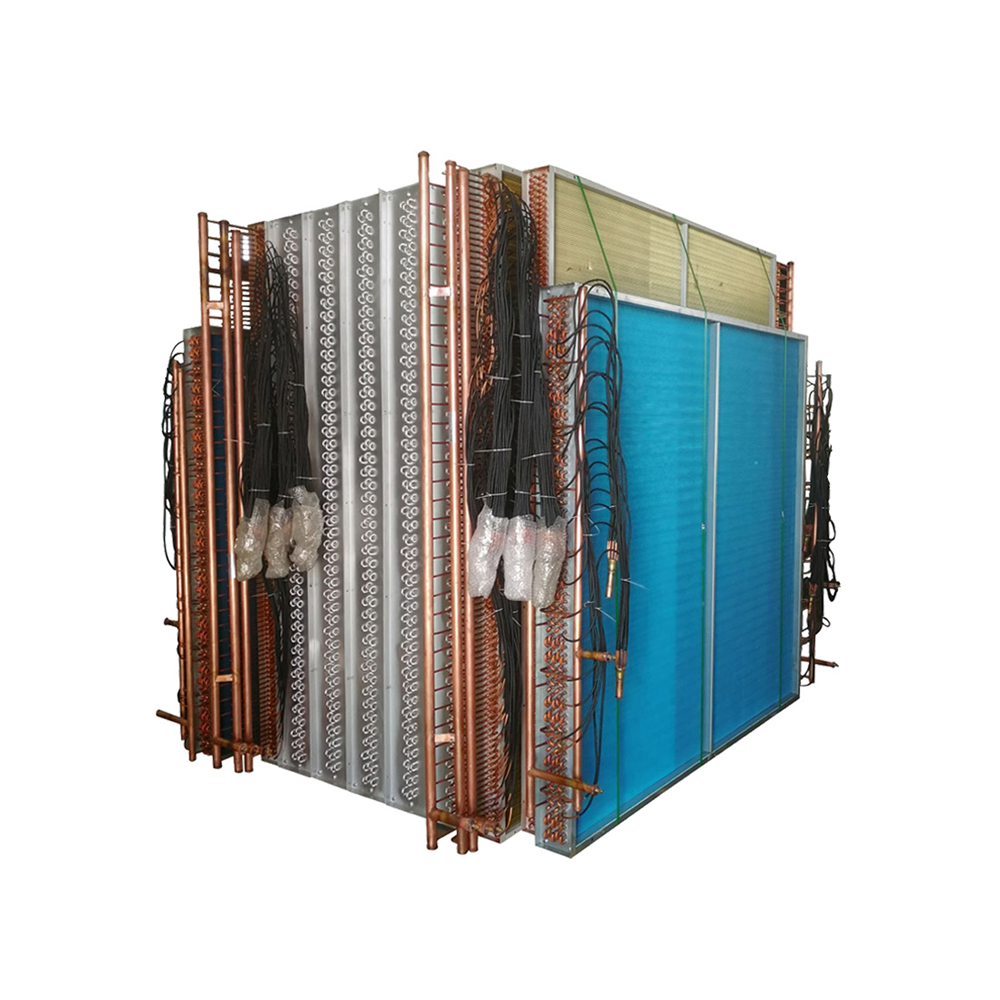This comprehensive guide helps you navigate the world of dry fluid cooler factories, providing insights into choosing the ideal supplier for your specific requirements. We explore key factors to consider, from technical specifications to logistical capabilities, ensuring you make an informed decision.
Understanding Dry Fluid Coolers
Dry fluid coolers, also known as air-cooled heat exchangers, are crucial components in various industrial processes. They efficiently transfer heat from a fluid, such as water or oil, to the surrounding air without using water as a cooling medium. This technology offers several advantages, including reduced water consumption, minimized maintenance, and improved environmental sustainability. The choice of a reliable dry fluid cooler factory is paramount to securing a high-quality and efficient system.
Key Factors to Consider When Choosing a Dry Fluid Cooler Factory
Capacity and Performance
The cooling capacity of the dry fluid cooler is a primary consideration. This depends on factors like the fluid flow rate, temperature difference, and the design of the heat exchanger. It's crucial to select a factory that can provide units with the capacity to meet your specific application's demands. Consider also the efficiency of the cooling process, measured by parameters such as the effectiveness and pressure drop.
Materials and Construction
The choice of materials significantly impacts the durability and longevity of the dry fluid cooler. Common materials include aluminum, copper, and stainless steel. Each material possesses distinct properties regarding corrosion resistance, heat transfer efficiency, and cost. A reputable dry fluid cooler factory will utilize high-quality materials and robust construction techniques to ensure optimal performance and extended lifespan. Consider the factory's quality control measures and certifications.
Customization and Design
Many industrial applications require customized dry fluid coolers to fit specific space constraints, operating conditions, or fluid characteristics. A reliable factory should offer design flexibility to meet these unique demands. Inquire about their engineering capabilities and their experience in handling custom projects. Examine their ability to adapt to different mounting options and integration requirements.
Logistics and Support
Beyond the technical specifications, consider the logistical capabilities of the factory. This includes factors like lead times, shipping options, and after-sales support. A responsive and reliable supplier will ensure timely delivery and provide efficient technical assistance throughout the product's lifecycle. Explore their warranty policies and available maintenance services.
Cost and Value
While cost is a factor, focus on value rather than solely the price. Consider the long-term cost of ownership, including maintenance, repairs, and energy consumption. A higher upfront cost for a superior dry fluid cooler may translate into lower operational costs over time. Compare the total cost of ownership from different factories to make an informed decision.
Comparing Dry Fluid Cooler Factories
| Factory | Capacity Range (kW) | Materials | Customization Options | Warranty |
| Factory A | 10-500 | Aluminum, Copper | Limited | 1 year |
| Factory B | 50-1000 | Aluminum, Stainless Steel | Extensive | 2 years |
| Shanghai SHENGLIN M&E Technology Co.,Ltd | Customizable | Various, depending on project needs | High | Contact for details |
Note: This table provides a simplified comparison. Always contact individual factories for detailed specifications and pricing.
Conclusion
Selecting the right dry fluid cooler factory is a crucial decision for any industrial application. By carefully considering the factors outlined above and conducting thorough research, you can ensure you partner with a supplier that meets your specific needs and delivers high-quality, reliable dry fluid coolers. Remember to request quotes and compare offerings from several factories before making your final decision.









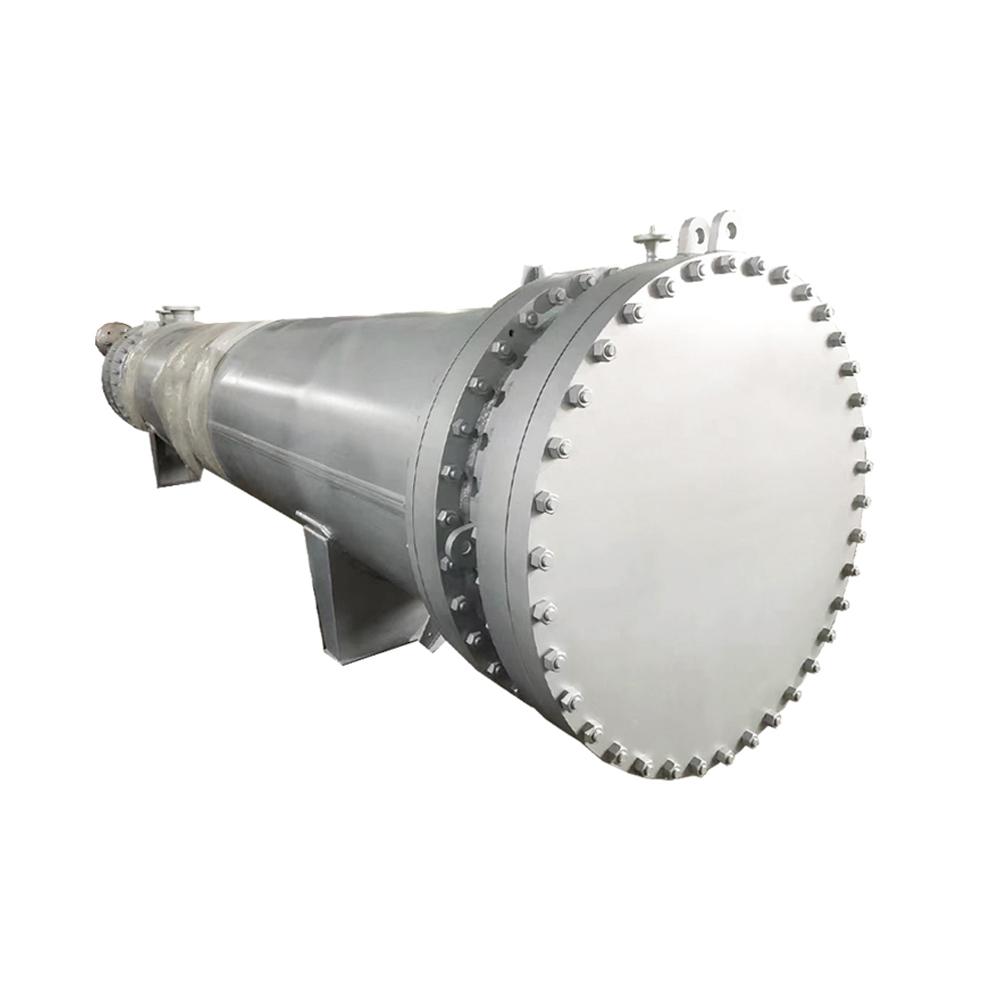
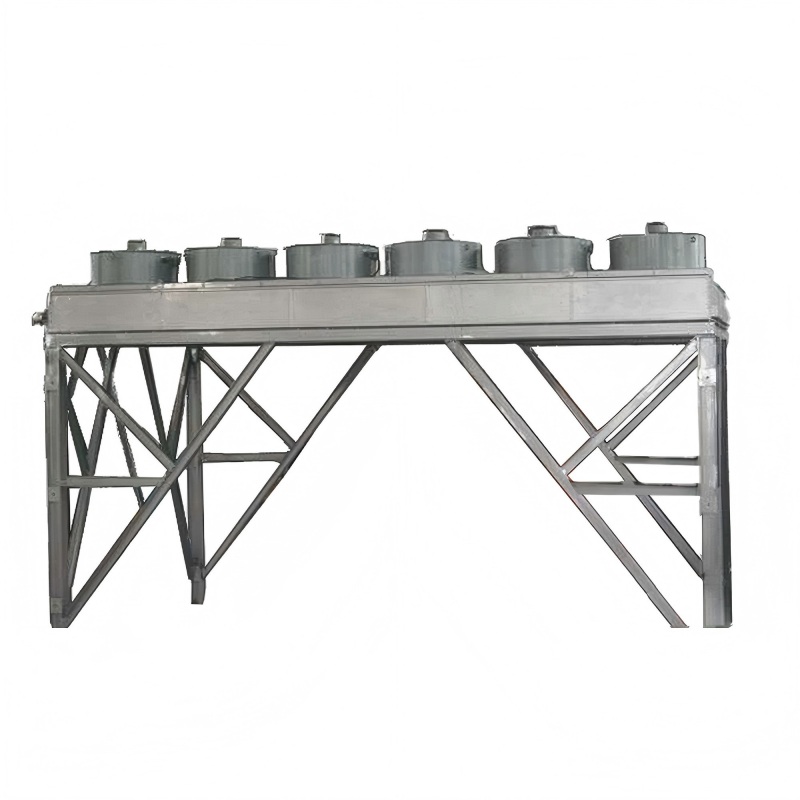
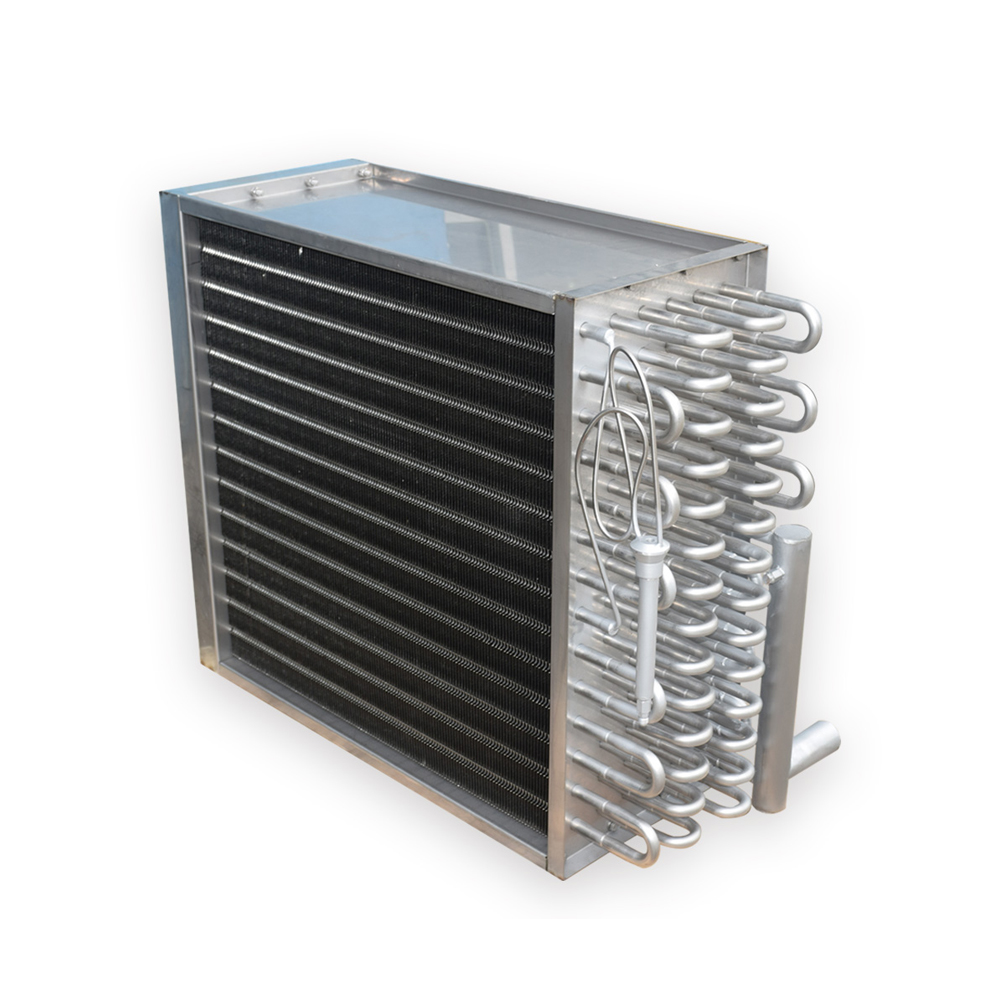
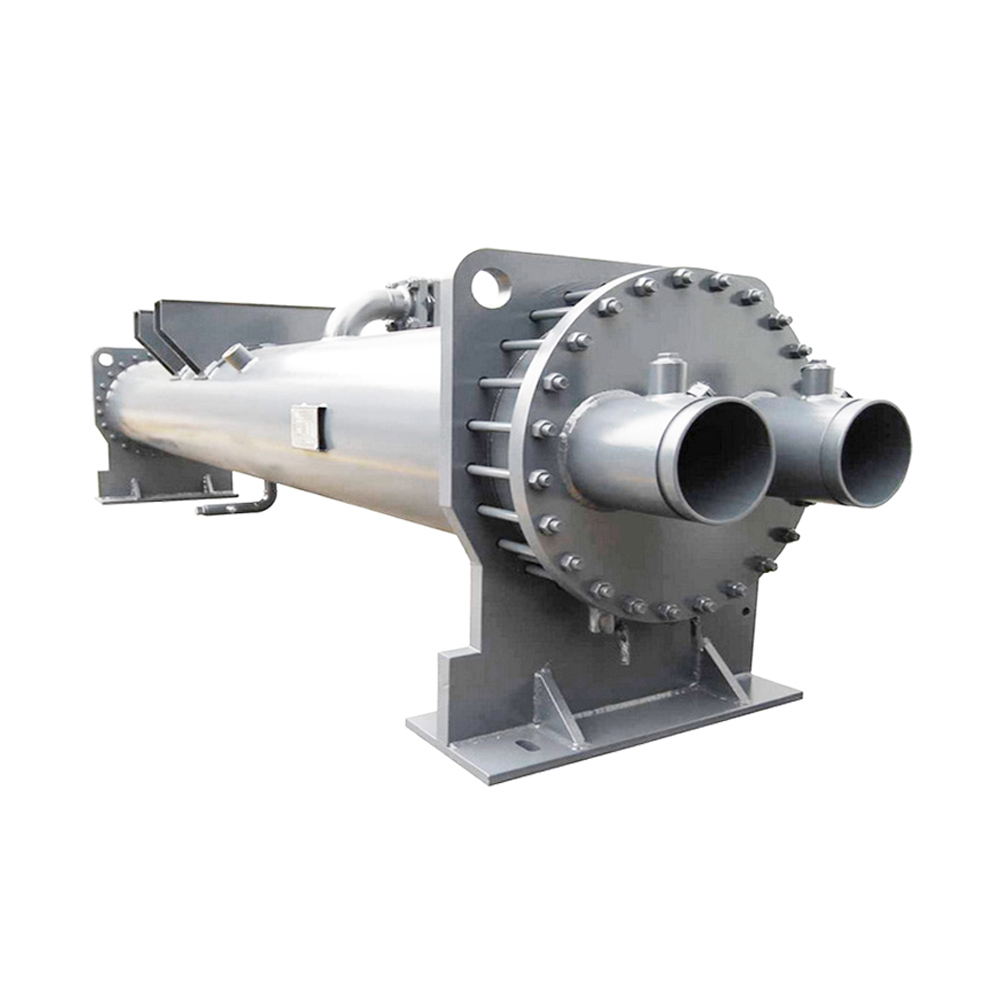
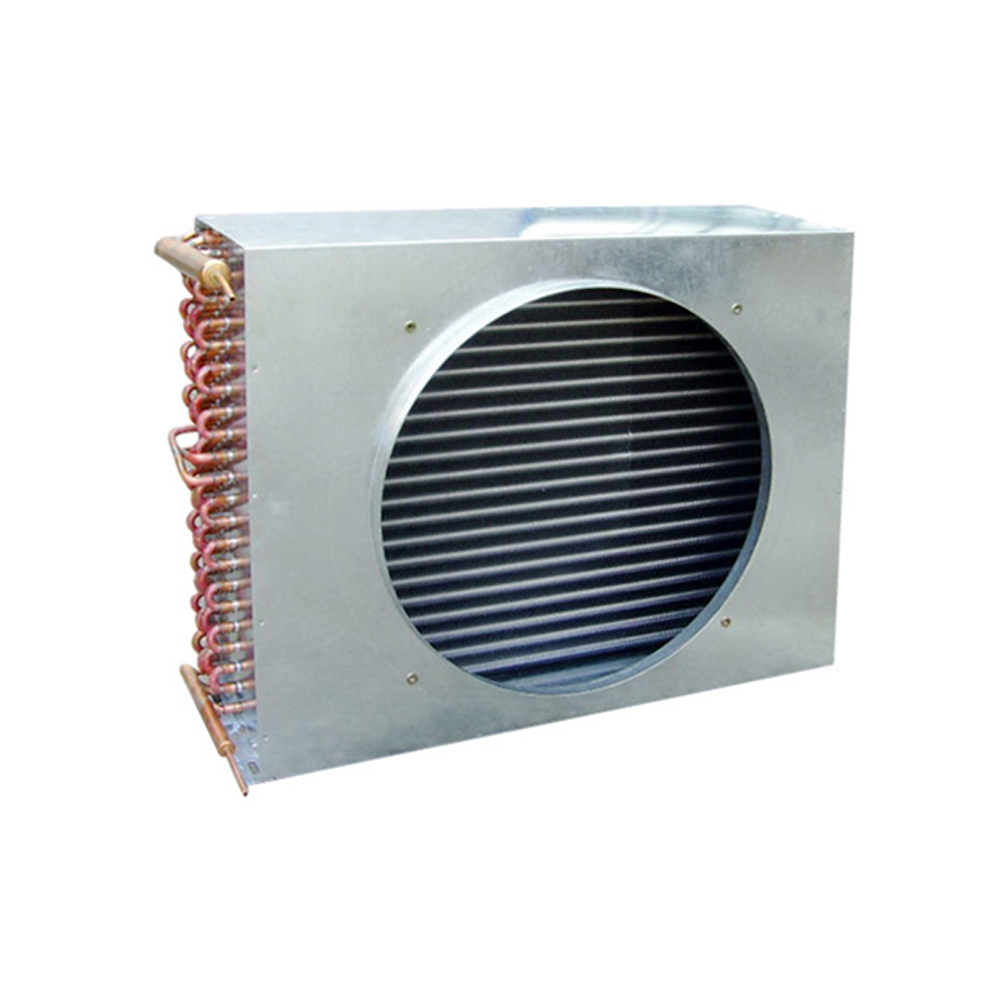
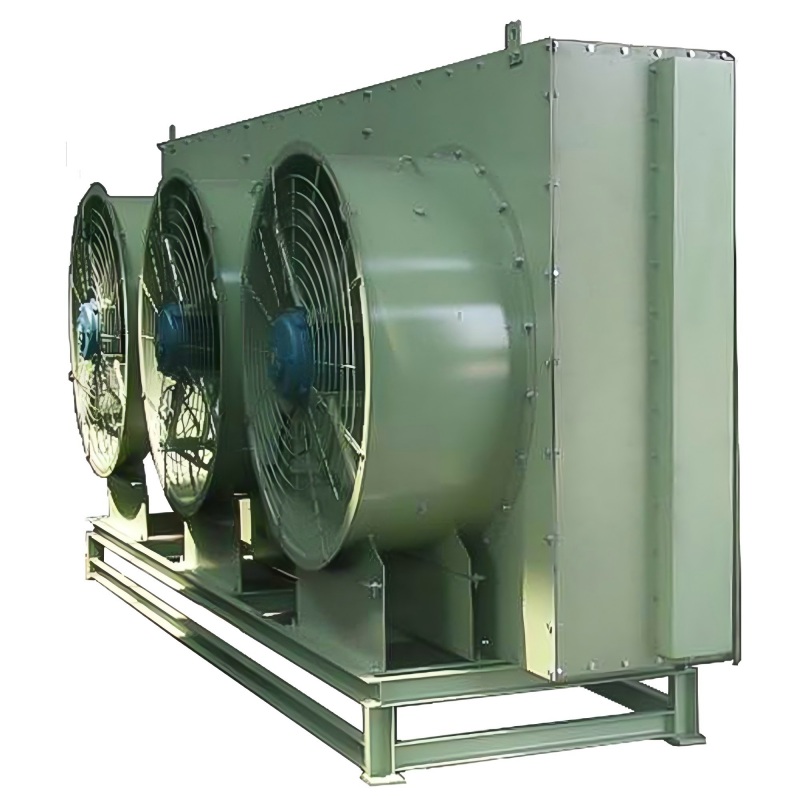
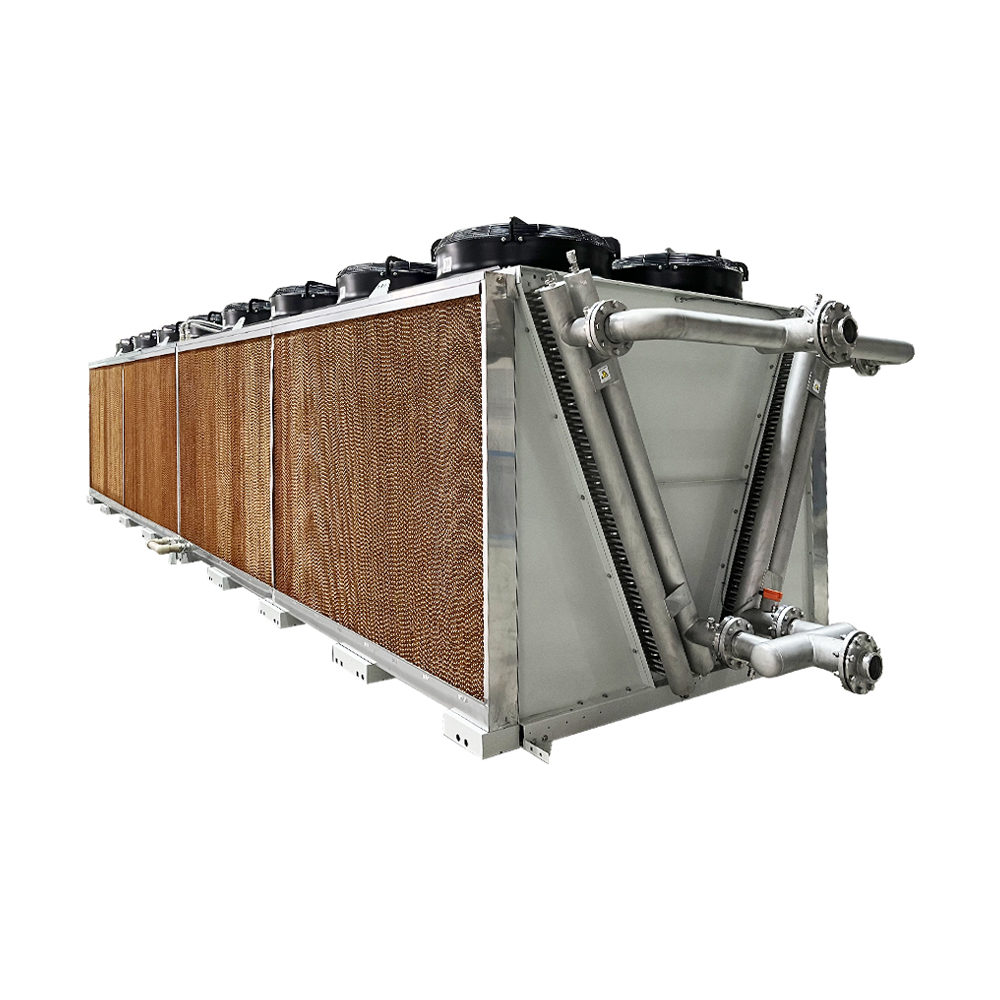
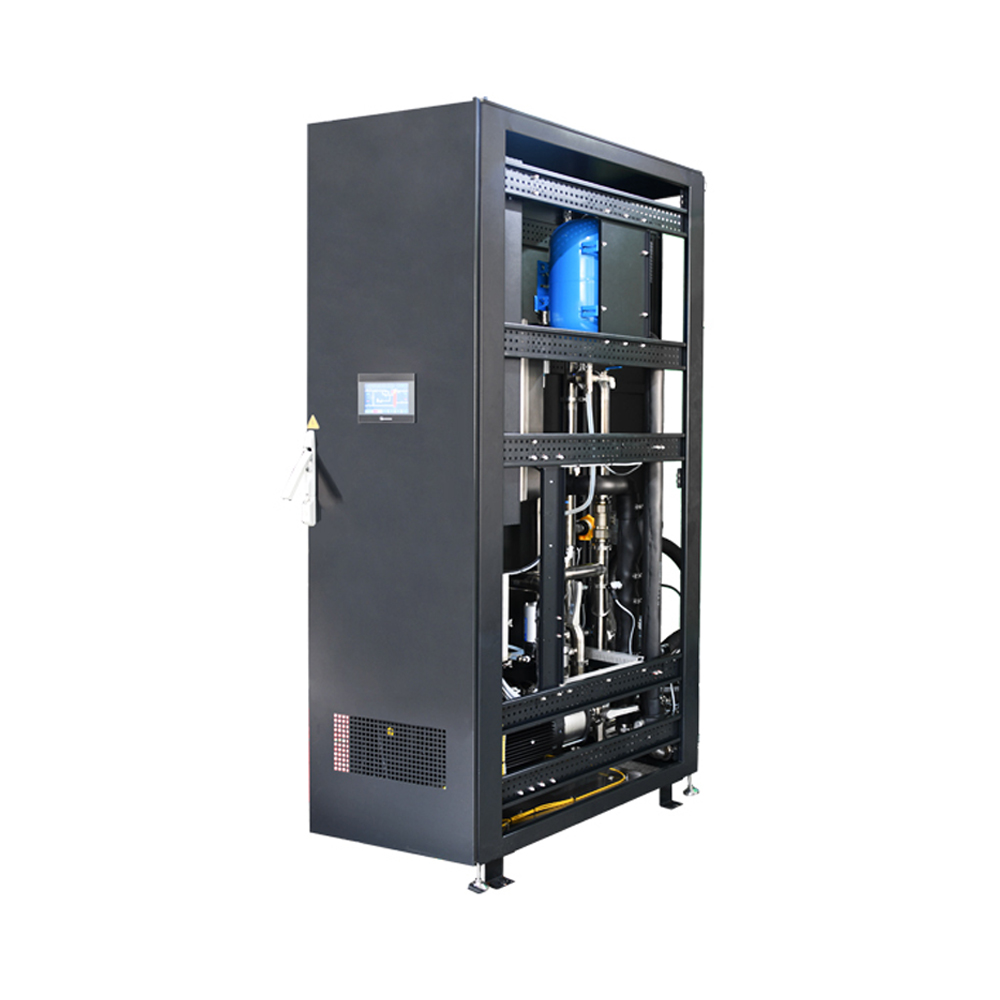

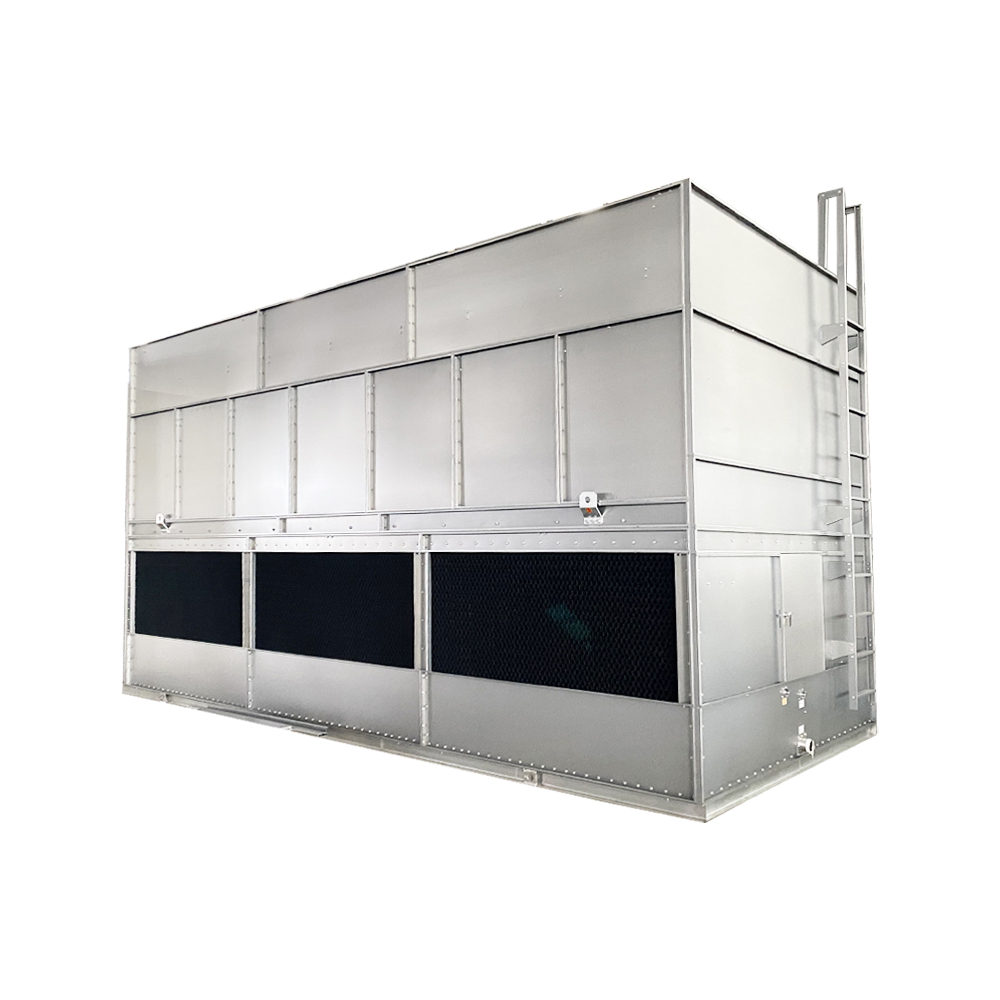
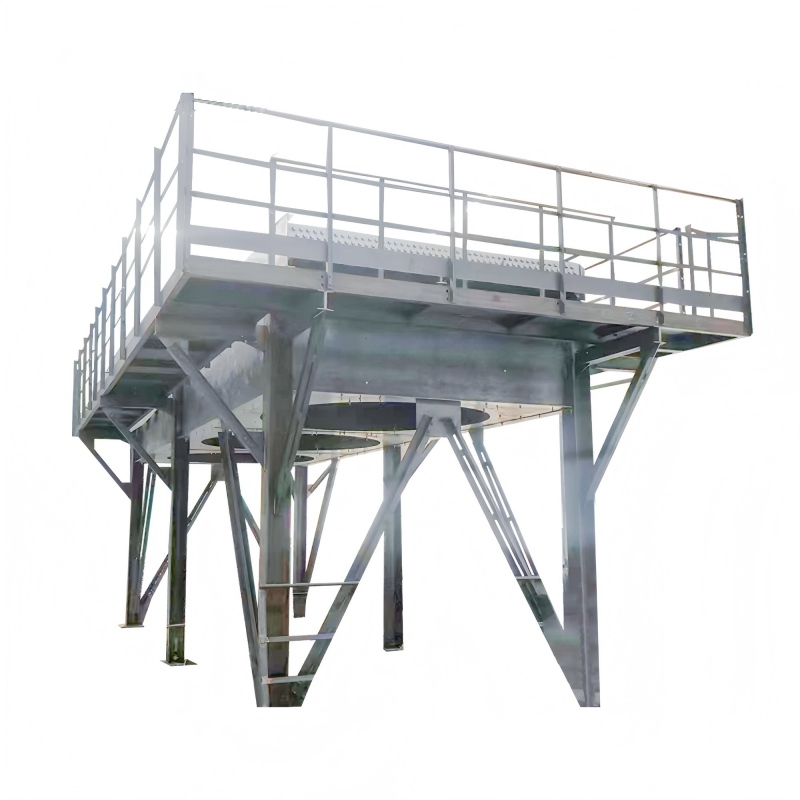
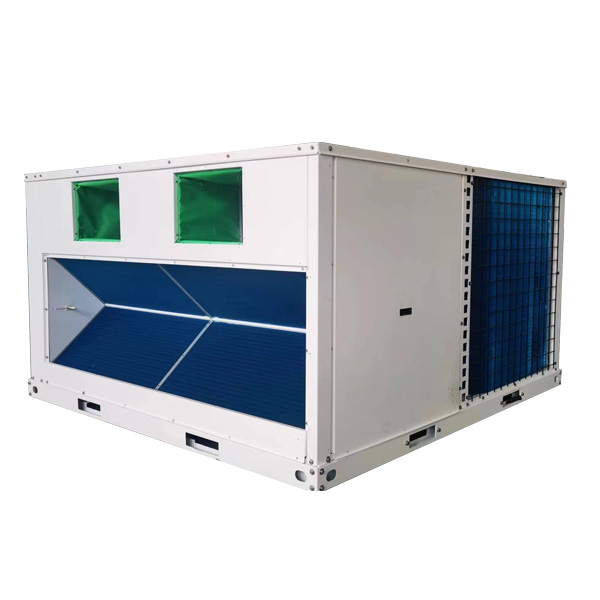
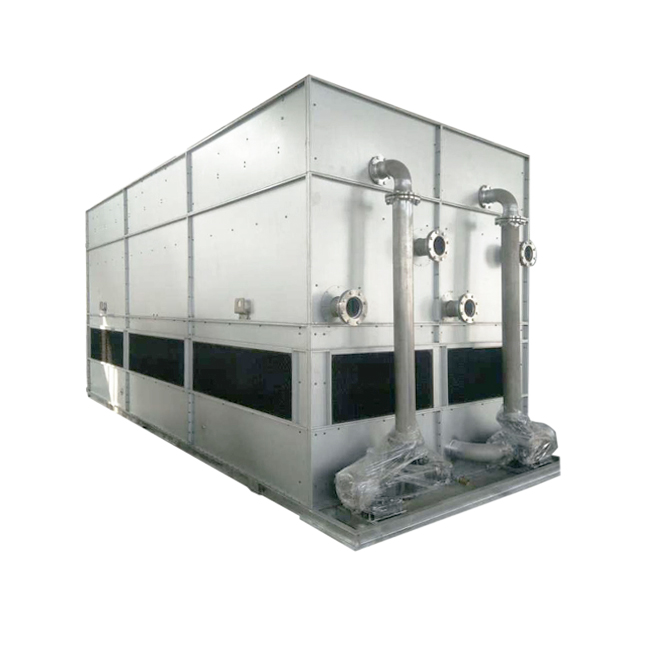
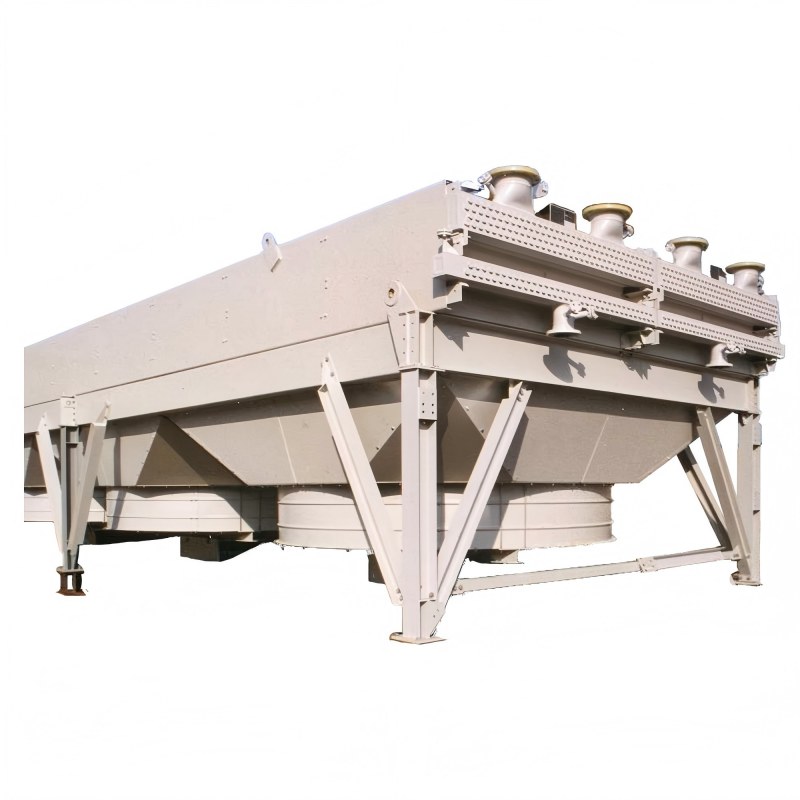
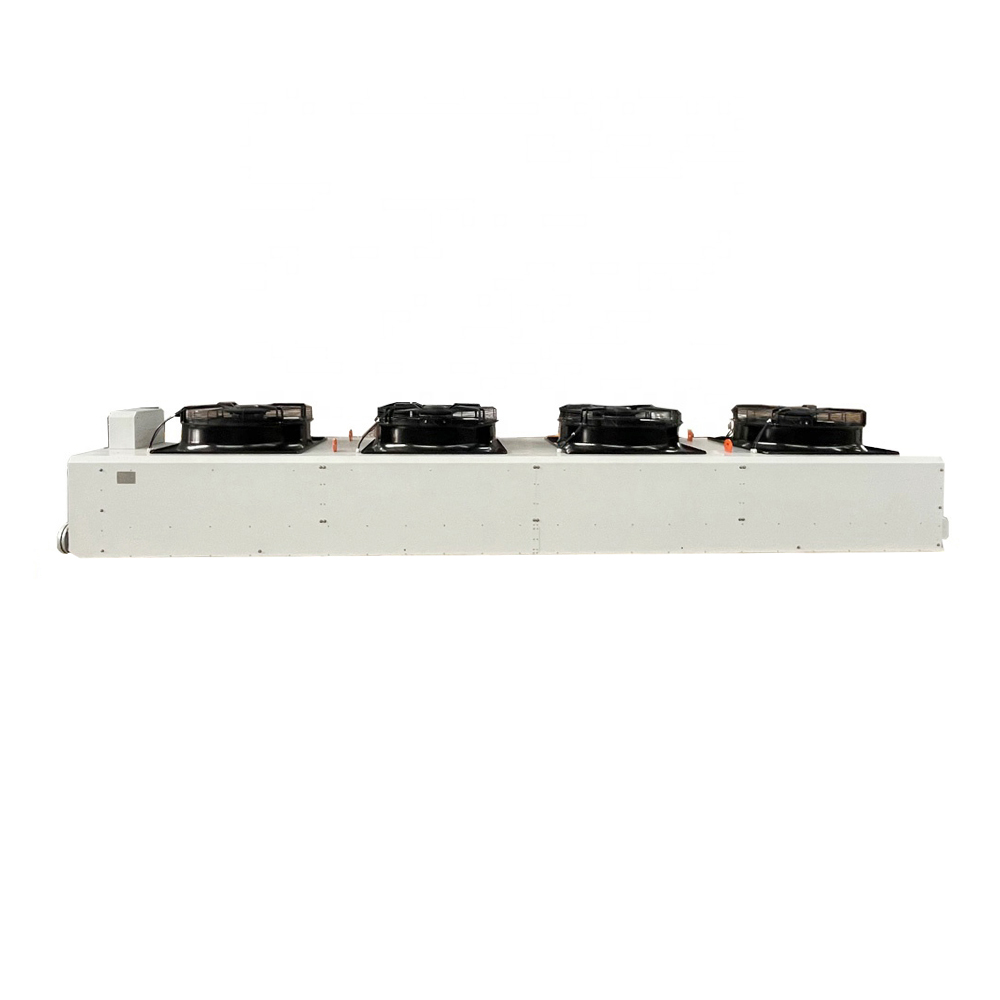
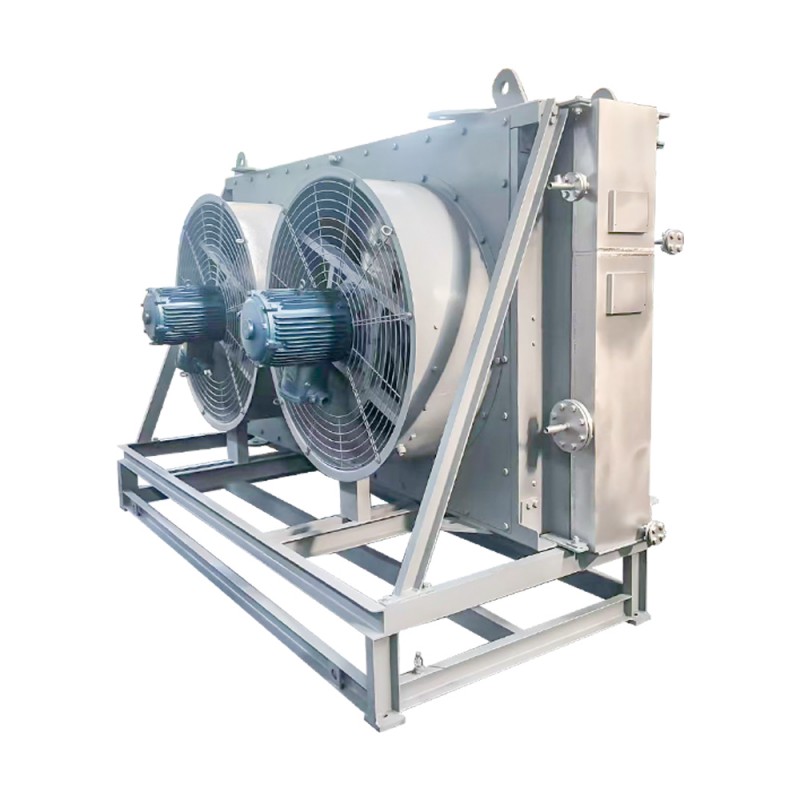
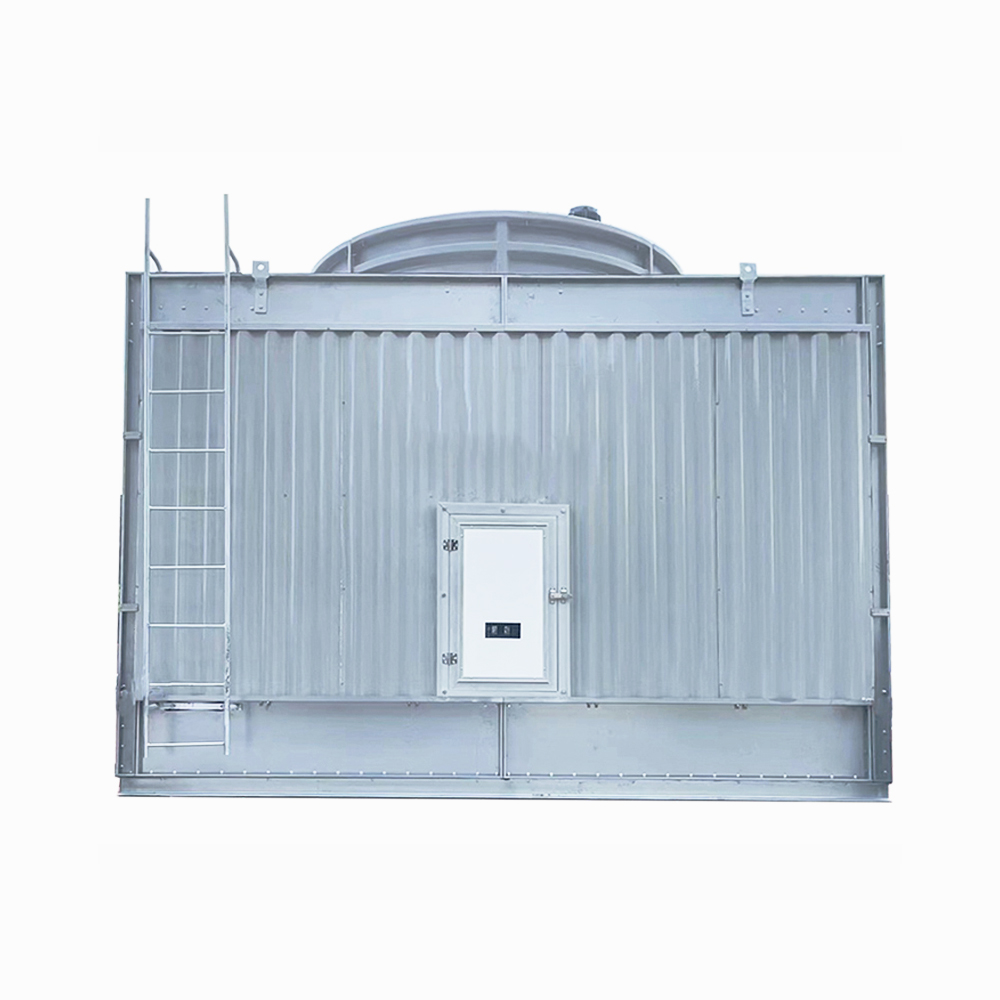
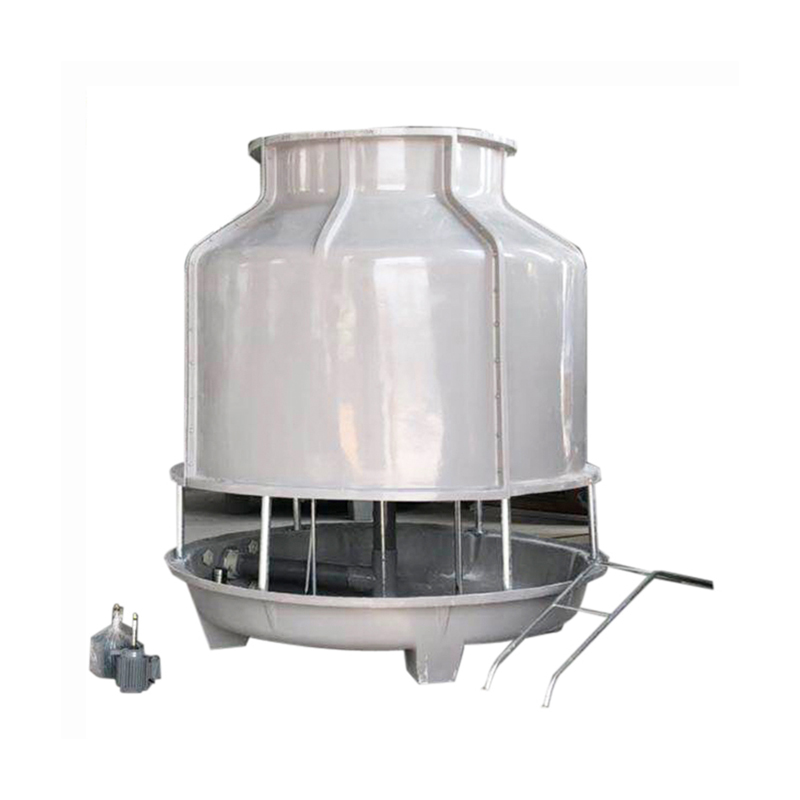
.jpg)
